- Joined
- Mar 16, 2008
- Messages
- 12
Hey guys, here's some more/clearer pics of my Greeks so it's better to properly identify. I also have a few questions... first of all, are they still ok to be housed together even though they are different subspecies? And two, how big will they each get?
Jade... my Jordanian/Israel =)
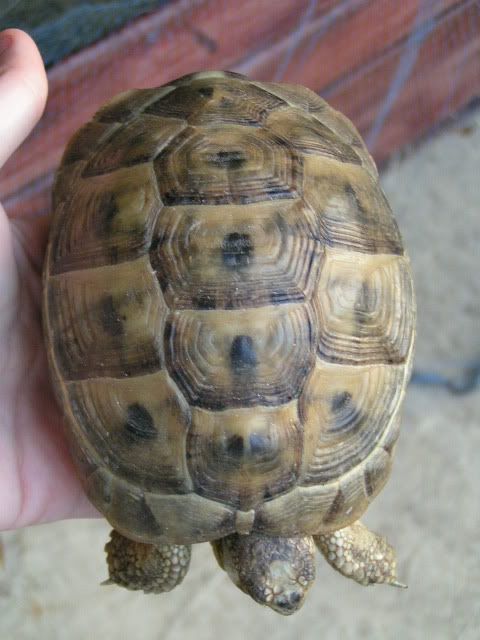
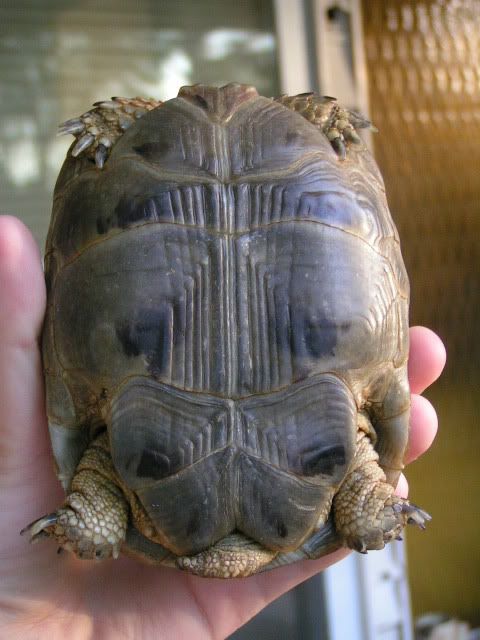
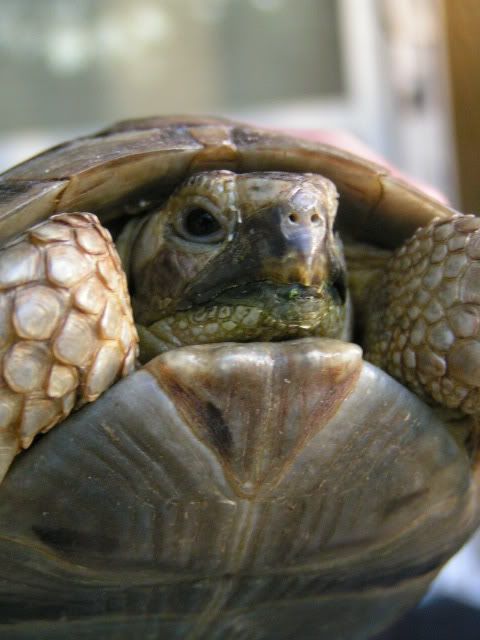
And Isis my possible cross?
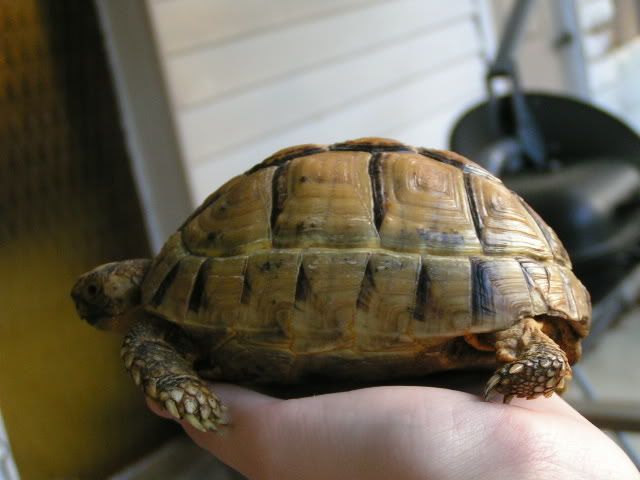
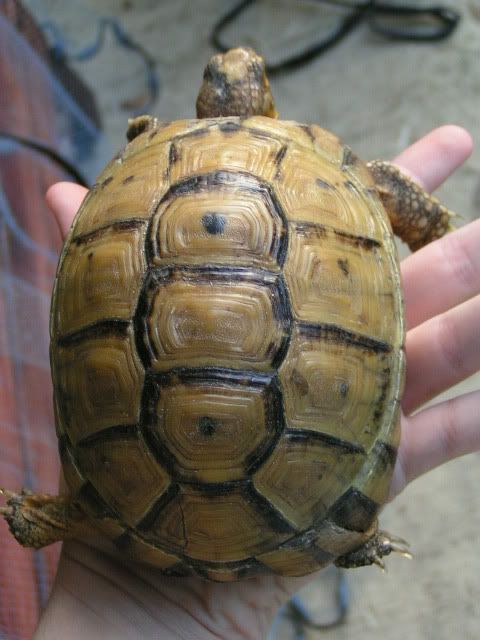
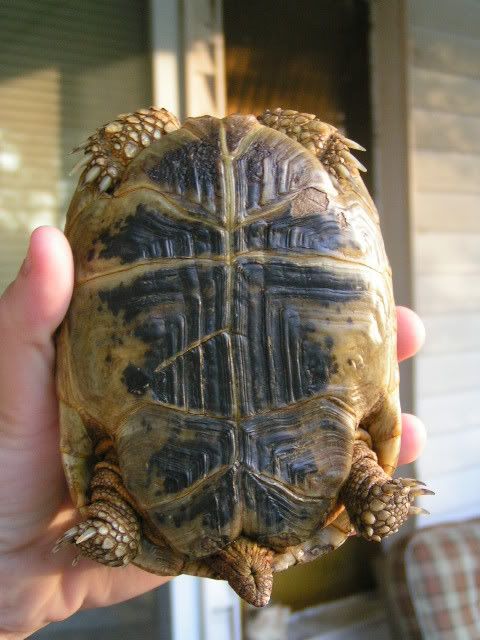
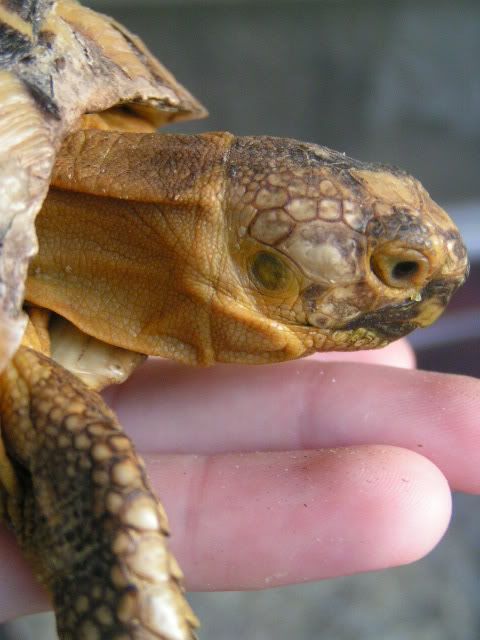
Thanks in advance!!
Jade... my Jordanian/Israel =)



And Isis my possible cross?




Thanks in advance!!